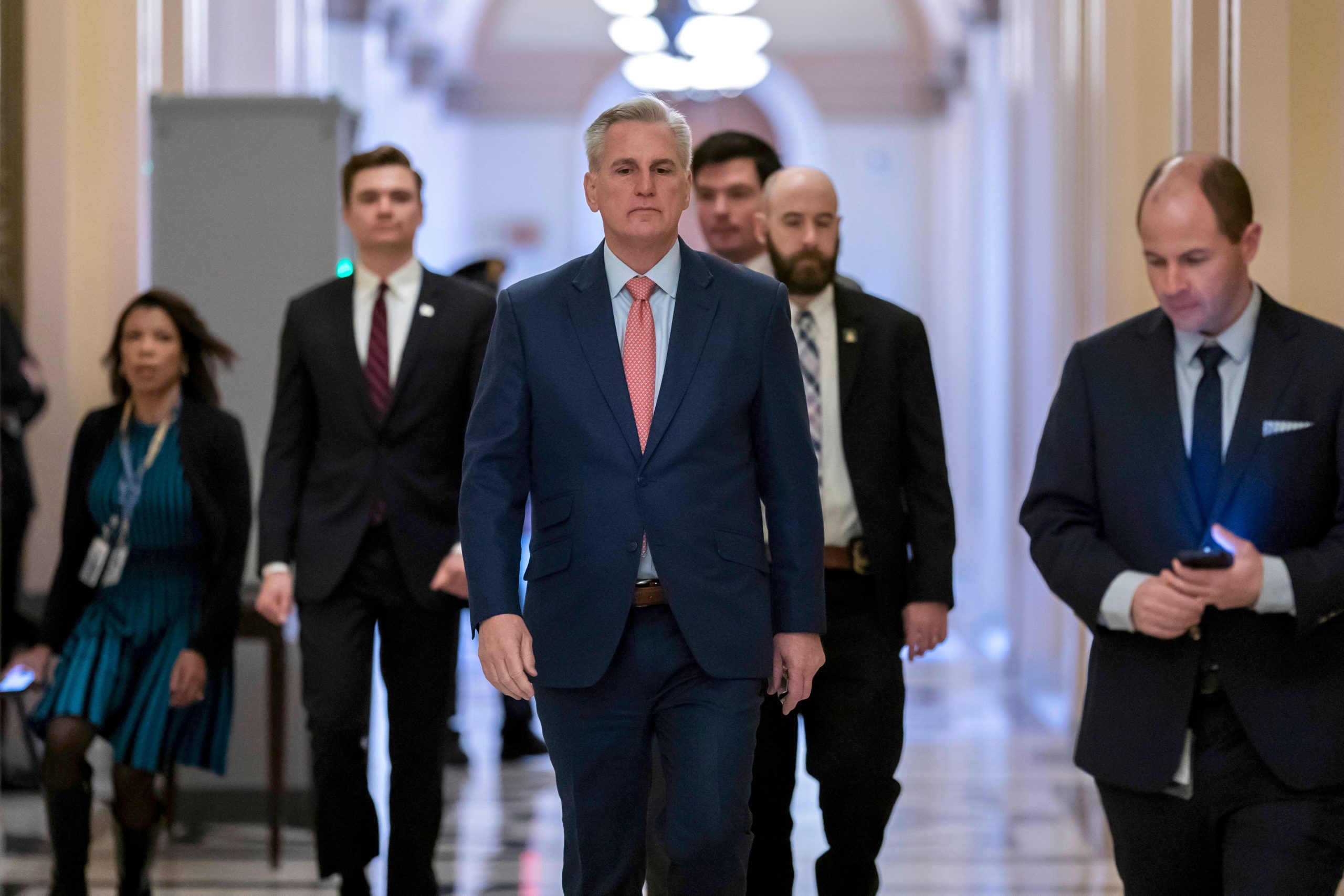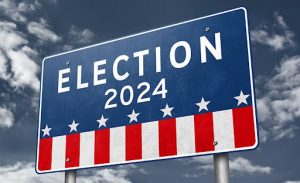The House Speaker vote will take place on January 3, when Republican leader Kevin McCarthy’s future in Congress will be decided as he lacks enough votes to win the election.
The election of the House speaker will take place after the 118th session of Congress begins. It will take place after a prayer is offered and the Pledge of Allegiance is recited.
After that will a roll call vote will take place at which point McCarthy, or a challenger, may fail to reach the 218 votes needed to become speaker.
What happens if no candidate wins a majority?
The House has 222 incoming Republicans, and 212 incoming Democrats. A majority of the whole House is 218 votes,
This means, five or more defections from his own party would put McCarthy below that threshold. On the other hand, all Democrats are expected to vote for incoming House Minority Leader Hakeem Jeffries (D-NY) for Speaker.
However, it is possible to elect a Speaker with fewer than 218 votes. This happened in 2021 and 2015, respectively when Speaker Nancy Pelosi (D-CA) and former Speaker John Boehner (R-OH) were elected with 216 votes.
There are no shortcuts to electing a Speaker. House lawmakers will vote again and again until a Speaker is elected if no candidate wins a majority of votes on the first ballot.
The House will not necessarily continue late into the night in the event of multiple ballots. The House adjourned until the following day after four failed ballots the last time there were multiple ballots. This allows members time to negotiate deals.
Delays in selecting a Speaker could also negatively impact staff operations for the House. House committees have been warned that payroll cannot be processed for staff if a House rules package is not adopted by January 13.
Desperate measures have been adopted earlier. For example, in 1849 and 1856, the House agreed to a resolution that allowed a Speaker to be elected by a plurality. In that case, a majority of the whole House would need to agree to that resolution.







